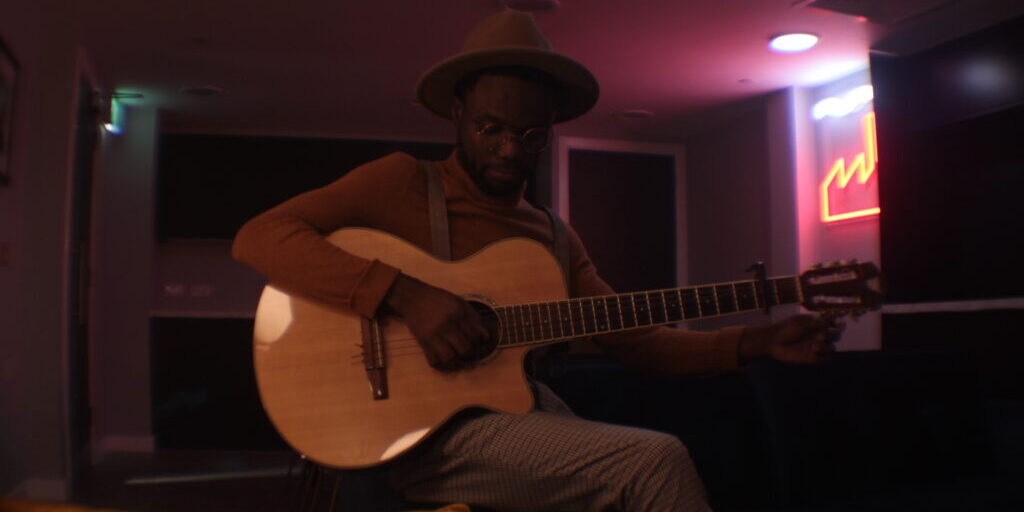
Last week, I wrote about how stories are essential to what makes us human. I’ve spent the last few days thinking about this and I’ve found myself noticing many examples of stories we tell ourselves, big and small, important and trivial alike.
Some of these stories may serve recreational or educational purposes, for instance, folklore tends to fall in this category. However, other stories are more or less essential to the functioning of society. An example of this is the story of money. As Yuval Noah Harari posits in his book, Sapiens, the story of money is a collective fiction we perpetuate. Sure, we have paper notes, metallic coins and digital artefacts to represent the value of money. The upshot is that we may think of money as real, but it is the value of money itself that draws its power from this most humane ability of humankind to spin a yarn. Money has value because we believe it has value, and we believe in this value so much that we’re willing to do things we wouldn’t ordinarily consider doing. Such is the power of stories and their central place in society.
While some of the stories we tell ourselves are integral to everyday life, others may be detrimental to our well-being. But what if this need not be the case? What if we could take that most essential quality of these would-be detrimental stories and use them to our advantage? Stories, by their very nature, are made up, so what stops us from twisting them, rearranging them, and turning them around? In other words, what stops us from telling these stories differently to make them work for us instead of against us?
Herein lies the crux of this post. What if we could learn to recognise the stories we tell ourselves, especially the ones that spin out of hand at our peril? What if we could work on retelling them so that we may use them for our benefit? What if we could reframe fear as excitement? What if we could reframe pre-performance jitters as necessary bodily conditioning instead of anxiety or nerves? What if we could reframe the narrative in our heads telling us we’re not good enough as a story about biding our time and preparing to seize our moment when it arrives? On this last point, I came across a quote by the actor Philip Seymour Hoffman, from an interview at the 2006 Golden Globe Awards, courtesy of James Clear’s newsletter, and it got me thinking not just of the downsides of self-criticism, but of the benefits that may accrue to us when we act in spite of it.
"...If you're auditioning for something that you know you're never going to get—or maybe you read the script and didn't even like it, but you still have to go—if you get a chance to act in a room that somebody else has paid rent for, then you're given a free chance to practice your craft. And in that moment, you should act as well as you can. Because when you leave the room and you have acted as well as you can, there's no way the people who have watched you will forget it." – Philip Seymour Hoffman
How often do we preemptively disqualify ourselves when we give in to the stories we tell ourselves that we’re not good enough? Why do we feel the need to tell ourselves no even before the world has the opportunity to assess us? I’ve previously written about how this might all stem from the fear of rejection and how we’ve evolved to give more weight to negative stimuli than positive ones. We may well be hardwired for negativity bias, but inasmuch as we’re storytelling beings, we can learn to leverage this superpower to craft new tales, reframe the narrative, and tell new stories that work for, rather than against us.
P.S.: My debut non-fiction book, Art Is The Way, and my middle-grade novella, A Hollade Christmas, are out everywhere now. You can get them in all good bookstores and from all major online vendors.